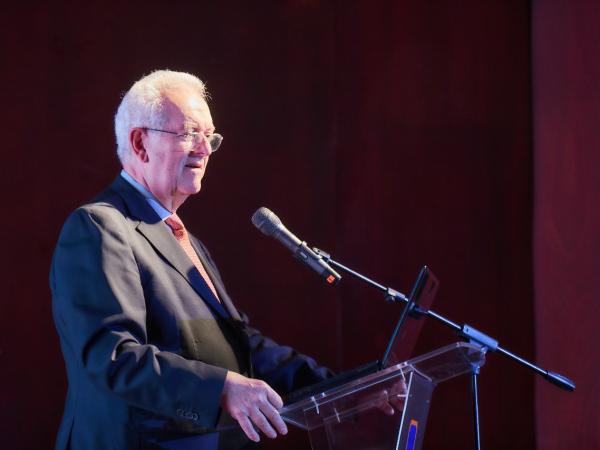the minister of Tax authorities, Jose Antonio Ocampoparticipated this Thursday in a forum on tax reform in Barranquilla, promoted by the third commission of the Senate.
There, the head of the portfolio assured that once the discussions of the project begin, the government will be open to listening to the opinions of the congressmen to review some points and thus build a favorable project, and also reiterated some points in which the government maintains an intention sign.
Among these elements is the proposal to impose a 10 percent tax on extraordinary imports of Petroleum Y Coal. The articles originally also contemplated taxing foreign sales of gold, but in recent days Ocampo confirmed that this point would be eliminated, as it could have adverse effects by promoting the smuggling of the mineral.
“It is true that we make some proposals so that the oil and coal export sectors make extraordinary contributions, and that is because the international prices of these products are through the roof. In the history of this country, one of the things that I have highlighted is that the coffee sector, when it was booming, contributed especially to the country’s development, and quite a bit. So I don’t understand why the oil and export coal sectors cannot now specifically contribute, with their boom, to the country’s development,” assured the minister.
Ocampo assured that the “most complex” issue is the income tax on natural persons, and that with this we collect only 19 percent of the total taxes in Colombia, against 51 percent in the OECD.
He argued that in the country the tax benefits ‘are immense’, and that is why benefits must be removed from natural persons with incomes of more than $10 million per month, “which is the sector with the highest income”, and that on the other On the other hand, some tax benefits must be removed from companies.
“The approval of the law is a responsibility of the Congress of the Republic,” reiterated Ocampo, who recalled that Colombia collects 19.7% of GDP in taxes, while in Latin America the average is around 27.3%. “We are 8 points below the Latin American average, we are not comparing ourselves with the average of the OECD, but of the region,” she said.
“Obviously we understand that we must continue to drive growth. In the debate that will begin firmly next week with the third commissions, we hope to see if there are regulations that could generate some problems, but I begin by emphasizing that what is being done with this reform project is largely to reduce tax benefits, which generate inequity between people, but also in companies. It is an issue that has to be corrected in the system,” said the minister.
BRIEFCASE















